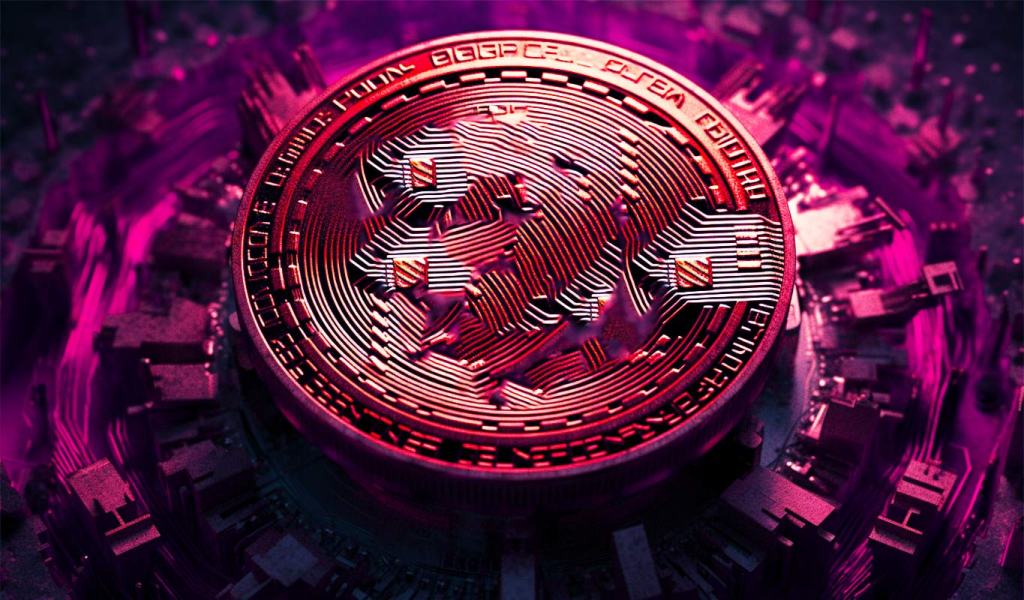
JPMorgan's ChatGPT rival, IndexGPT, will be used across various business units, including advertising, business consulting and various finance-focused software as a service (SAAS) services among others.
Finserv giant JPMorgan Chase filed a trademark application for IndexGPT, marking its entry into the race to build a generative AI tool for business purposes.
The trademark application was filed with the United States Patent and Trademark Office (USPTO) on May 11 for the characters “IndexGPT,” which according to JPMorgan, is to be used in commerce.

The image above shows the text in standard characters that was accompanied with JPMorgan’s trademark application — “without claim to any particular font style, size, or color.”
IndexGPT will be used across various business units, including advertising, business consulting and various finance-focused software as a service (SAAS) services among others.

JPMorgan’s trademark filing is reflective of the thoughts of its CEO Jamie Dimon on artificial intelligence (AI). In April, Dimon revealed that the company has over 300 AI use cases in production for risk, prospecting, marketing, customer experience and fraud prevention. He stated:
“AI and the raw material that feeds it, data, will be critical to our company’s future success — the importance of implementing new technologies simply cannot be overstated.”
JPMorgan plans to empower its employees with ChatGPT and other large language model tools.
Related: 7 ChatGPT plugins to enhance productivity
While tech giants across all business verticals are fast-tracking their way into adopting generative AIs, Apple took a U-turn by restricting the use of ChatGPT and similar tools.
An internal document revealed Apple’s concerns about possible compromise of sensitive data.
While highlighting the fears of exposing confidential data, Apple also specifically restricted the use of GitHub’s AI tool Copilot, a Microsoft-owned application that automates writing software code.
Magazine: US enforcement agencies are turning up the heat on crypto-related crime











